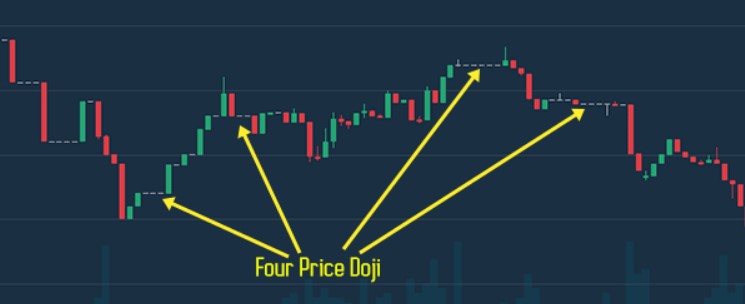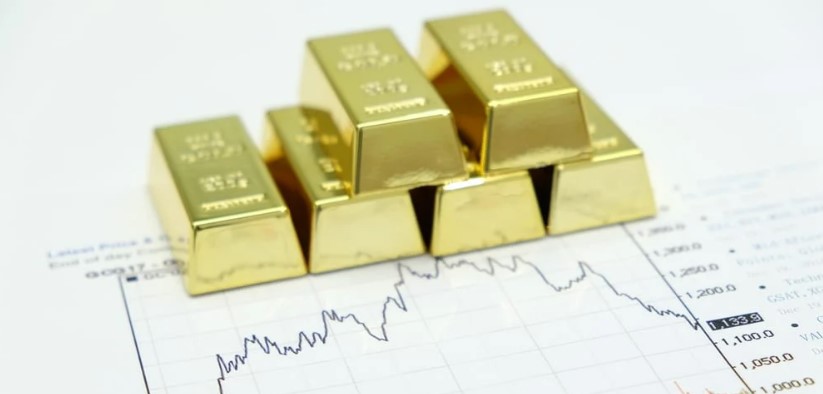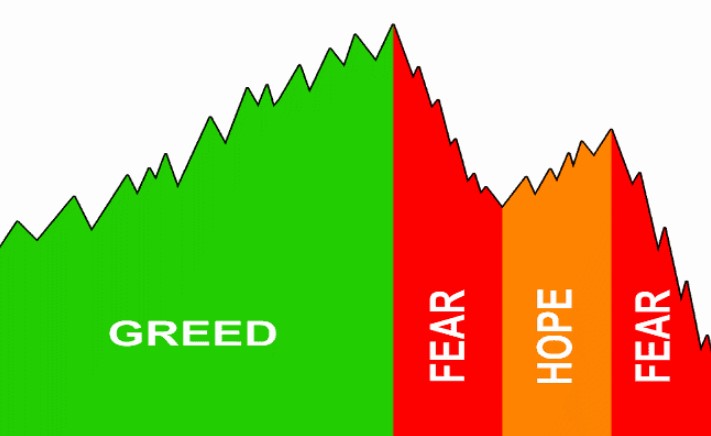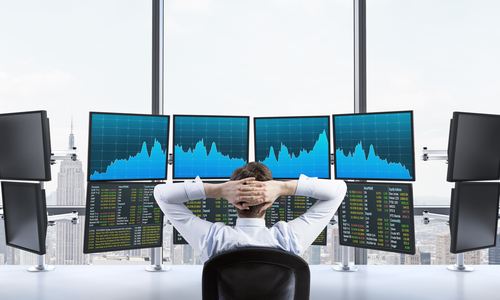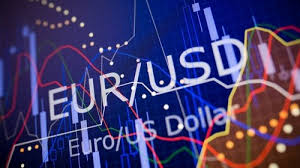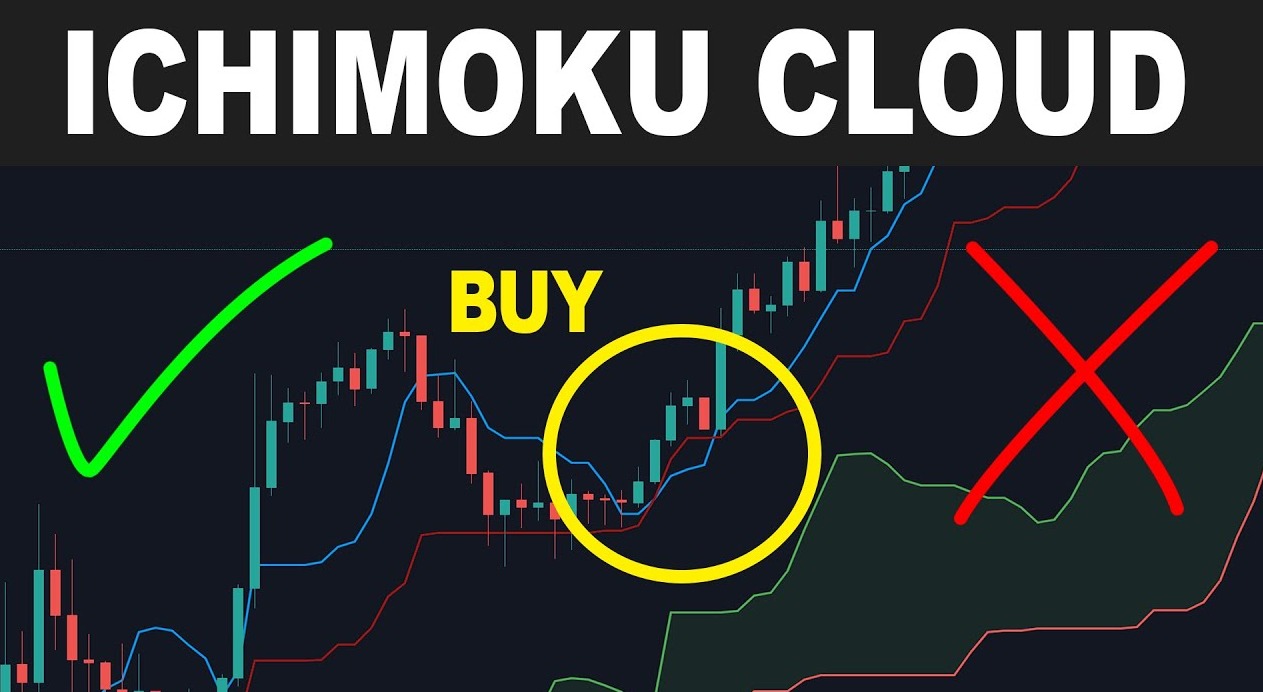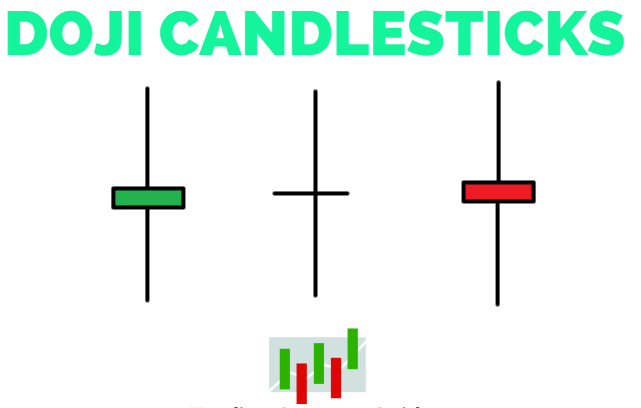
This Is How Millionaire Traders Think & Act
One of the most difficult things of trading to accept and put into practice is that if you want to become consistently lucrative, you'll have to believe and behave like you already are, long before you really are.
The mental features, attitude, belief systems, and trading methods of great traders and investors who have gone before them should be followed and imitated by those who want to follow in their footsteps. Although this seems to be self-evident and appears to be very simple, there is a reason why so few individuals really attain trading success. Getting some insight and assistance with what you need to really alter and accomplish is essential if you want to start generating money in the stock market.
The primary reason why most individuals fail at trading is because people typically do not want to perform things that are "boring" or "uncomfortable" on a constant basis, such as trading. The majority of people are aware of what they SHOULD do when it comes to vital issues such as health and fitness; but, the majority of people consciously choose not to do so, even when they are aware of the implications.
It is precisely when these "consequences" seem to be "far away" or "a long time away" that we begin to relax our commitment to the discipline necessary to achieve success. As a result, you must keep these ramifications in mind so that you may begin to put more importance on doing what you must in order to attain your goals.
So, what DO Millionaire Traders Value?
They value abundance and opportunity
Do you want to discover the quickest way to lose all of your money in the stock market? Trade as though you're in a desperate situation. For those who want to lose money REALLY quickly, they may trade as though they are desperate while not even realizing they are doing it.
What exactly is "trading as though you're desperate?"
Trading as if you're desperate simply implies that you're "anxious" to earn as much money as possible as quickly as possible, and it's this "desperation" that keeps most traders from ever truly making money, which is paradoxical given that most traders are desperate to make money. Whenever you engage in behaviors such as trading when your edge isn't there, increasing your position size beyond what you know you're okay with losing, or otherwise departing from your trading strategy, you are trading as if you are "desperate" to earn money. If you want to think and trade like a billionaire, you will have to put an end to this behavior.
Millionaires have an attitude of abundance, which guides their actions. They are not in a state of desperation to earn money, and this is not just because they are billionaires. The reason for this is that they see the plethora of options available in the market and elsewhere in company and do not feel compelled to jump at the first opportunity that presents itself. Instead, they believe that they should be patient and wait for the most evident trade setting or, in certain cases, the lowest risk opportunity to present itself.
Here's one of my favorite statements that has to do with not trading as if you're "desperate" to make money:
I just wait till there is money sitting around in a corner, and then all I have to do is go over to that location and take it. In the meanwhile, I don't do anything. Even those who lose money in the market express their disappointment by saying, "I just lost my money; now I have to do something to get it back." No, you don't have any. You should just sit there and wait till something comes along. — Jim Rogers
I understand that it might be tough and cliche-sounding, but if you want to be a good trader, you're going to have to start trading as if you're already a seasoned expert. The trading habits and attitude of a losing trader (who is anxious to earn money) will never convert into regularly making money in the markets in the long run. You must trade your account as if you are not frantic to increase it too rapidly or you will blow it out very soon, even if you have a $200 trading account.
Millionaire traders value their performance in the market
One of the most significant differences between a successful trader and a losing trader is that the former places a high value on performance, whilst the latter places a high value on financial gain. When you place a high value on your actual trading success in the market, you begin to pay attention to all of the appropriate factors and to create the ideal trading habits that allow your performance to stay good over time. When you place a monetary value on everything, you begin to lose sight of all the things that must be done correctly in order to increase your performance. Things like having a trading strategy, being disciplined and not overtrading or risking too much each trade, holding your trades for a longer period of time, setting your stop losses farther away, and so on are important. You place a high priority on the actions you must do in order to see your equity curve constantly rise.
Seeing as how you cannot value your trading performance without also valuing the correct procedures and habits that enable you to see your trading performance increase, it is difficult to appreciate both at the same time. However, when you begin to place exclusively monetary value on things, it is easy to lose sight of the fact that it is not simply about "earning money," but rather about SLOWLY making money over time. We do this because attempting to create "quick money" invariably leads in a loss of money.
Concentrate on performance, on the real trading "game" and on being proficient at it, rather than on money.
Trading successfully is all about making the most profitable deals possible. Money is just a secondary consideration. Alexander Elder is credited with inventing the phrase
Millionaire traders value themselves and their abilities
Generally speaking, self-doubt is detrimental to one's success. In spite of this, traders will repeatedly look a perfectly excellent price action signal in the face and refuse to enter the trade because they are fearful, for whatever reason. They have self-doubts and are not confident in their abilities to make money in the stock market. Now, this may be caused by a variety of factors, including just not understanding what your trading edge is (which I can assist you with in my professional trading classes), but it is also often caused by excessive overthinking.
One thing you'll need to start doing right away is thinking and behaving more confidently about your trading talents. This is something you'll have to work on over time. As in life and business, the players who are most confident in their abilities are often the ones that succeed. This is true in trading as well. I'm not suggesting you have to be a "outgoing prick," but if you want to make money trading, you must at the very least have a strong sense of confidence in yourself and your abilities. People and money do not respond well to fear, uncertainty, and hesitancy in relationships, business, or trade. Figure out how to get rid of these negative characteristics as soon as possible.
Dr. Van K. Tharp, a well-known trading instructor, describes how to gain confidence in your trading in this quote from his book Trading Confidence. The first step is to understand and research the markets, followed by the development of a refined trading strategy, which is then put into practice until it becomes second nature:
The greatest traders with whom I've had the pleasure of working started their careers by immersing themselves in the markets. They created and improved models on how to do business. This was done in order to instill confidence in them that they would be victorious on the day of the competition. The team had gained the confidence and dedication essential to achieve success at this stage in the process. — Van K. Tharp, M.D., Ph.D.
A side note: Being a "confident" trader does not imply being a "cocky" trader, and there is a significant difference between the two. A arrogant trader will take foolish risks, and he will take them in large numbers. Confident traders will adhere to their plans and execute their trading methods when they see their signal present; they don't hesitate, but they aren't dumb or reckless in their actions either. Hopefully, you are able to see the change.
I've published a slew of courses on trader psychology and behavior, and I've stressed the importance of having the right trading attitude in each of them. Check read my post on the psychology of FX trading to learn more about this topic.
How do Millionaire Traders Act?
Having an understanding of how millionaire traders think about trading is just half of the issue; the other half is understanding how they behave in the market. For those who are familiar with the concept, knowing something is one thing; putting it into action and really DOING IT is quite another. So, rather than just reading this lesson and concluding that you "know it all," I want you to put it into action in your trading career.
Millionaire traders, trade less than you.
End of day trading is a strong tool that everyone who has followed me for a long time has most likely read at least one of my lectures on why you should do it and how effective it is. However, let me to reiterate: end-of-day trading is the preferred method of operation for the majority of wealthy traders. You may wonder how I know this. It's a simple process. There just aren't enough high-probability trading chances available in the market each day, week, or month to enable the majority of traders to day trade and achieve significant success. Furthermore, day trading is often a stimulus for individuals to trade too much, risk too much, and otherwise behave in a sloppy manner throughout their lives. Trading too often is a poor idea, and if you don't believe me, it's only a matter of time until you discover this for yourself via trial and error!
One of my all-time favorite quotes about over-trading comes from Jim Rogers, who said the following:
"One of the most important investment principles someone can learn is to do nothing, absolutely nothing, until there is anything to do." Not that I'm any better than the majority of people, but the majority of people have to be playing or doing something at any given moment. When they win, they exclaim, "Woman, am I clever, because I just quadrupled my money." Then they have to go quickly and find something else to do with their money. This means that they cannot just wait for anything fresh to emerge." Jim Rogers is a well-known author.
Millionaire traders control their risk, carefully
Controlling position size is, in fact, one of the most important factors in achieving trading success. If you keep your position size under control, it will help you to relax and get into the appropriate trading mentality. Management and control of position size are also wonderful examples of HOW to trade from a mentality of wealth and opportunity, rather than a mindset of desperation, as I previously said. Maintaining your position size at the dollar risk level that you are OK with potentially losing each transaction indicates that you are being calm and accepting of whatever the result may be. It also indicates that you are not attempting to make "quick money" or that you are not desperate.
Because when you concentrate on being a defensive trader, everything else seems to "fall into place," as the following comment from trading legend Paul Tudor Jones illustrates, we should be more concerned with safeguarding our capital than with "making money."
When it comes to money, I'm constantly concerned about losing money rather than gaining money. Instead than concentrating on acquiring money, concentrate on safeguarding what you already have." Paul Tudor Jones is credited with inventing the phrase
Conclusion
I want you to shut your eyes and think that you've already arrived at the point in your trading career that you want. You've been consistently profitable in the markets for a year, you've followed a strategy to get here, and you're comfortable with the amount of risk you're taking on each transaction. You have no qualms about suffering losses because you are certain that, if you keep to your strategy, the victories would ultimately make up for them and much, much more. Once you've completed this exercise or something similar, every time you sit down to go through the charts, do it again before turning on your computer. Every single time.
Eventually, we do what we are most concerned with, regardless of whether those concerns are good or bad, harmful or beneficial to our objectives. As a result, everything, including trading success and other outcomes, begins in your mind as ideas. While I understand the saying, it is true that "thoughts become things," so be very cautious about what you are concentrating on while you are thinking about trading. Consider this: Are you thinking about "dollar signs," money, and all of the things you'll be able to purchase with it? Alternatively, are you concerned with your trading success, with a continually growing equity curve over time, and with becoming a more calm and self-controlled human being? Implementing good trading habits and successful trading methods should be the first step. Put optimistic but reasonable ideas about what is achievable in the market into your head and start sail on the voyage of self-discovery and progress that is trading, and don't stop until you reach your destination.
